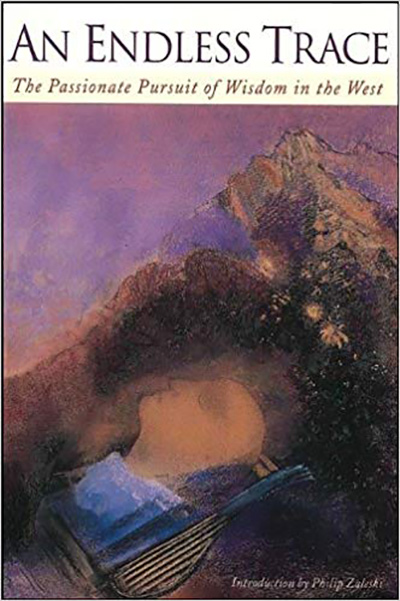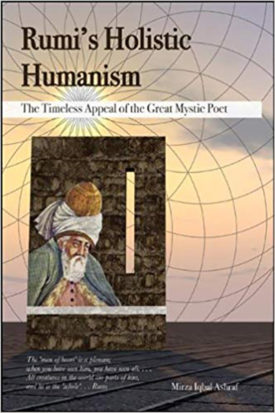Rumi’s Holistic Humanism: The Timeless Appeal of the Great Mystic Poet, presents the mystical poet's passionate conviction that "love is the strongest unifying force," and that its force is present everywhere and in everything. It may even encourage some to study the extraordinary work of Rumi that so often opens the heart of its adepts. For Rumi peace is the natural quest for a "whole person," and the human being's inclination to it arises from a natural universal order. In humankind's fight to root out conflict, violence and war, Rumi's holistic view of unconditional love may prove one of our best friends. Rumi's holistic approach to the phenomena of humankind is that the perimeters between the self and the universe are mitigated to the extent that the material body becomes indistinct of its typical cultural identity.
After so many centuries, Rumi today is as he was yesterday, a living icon of Unity and Love for the whole of mankind. Ashraf's holistic weaving of the many spiritual, philosophical, rational, scientific, and cultural "threads" that converge in Rumi's thought offers the beginning of a unitive language that humanists, rationalists, theists, non-theists, atheists, religious folks, artists, scientists—all thinkers of good will from all cultures may welcome and embrace—as they explore and try to understand the universe. So doing, though taking different roads, they unearth a new level of communication and productive diversity.
Rumi's Holistic Humanism takes into account the wide range of philosophical inquiry and mystical experiences, issues of psychology, morality and discipline, and the problematic conditions of ordinary daily human existence. Shakespeare gave us the question, "To be or not to be..."Rumi asked"... to love or not to love?", and the WHOLE HEART answers with a resounding YES! "Gamble everything for love."
2012 | 180 pages



